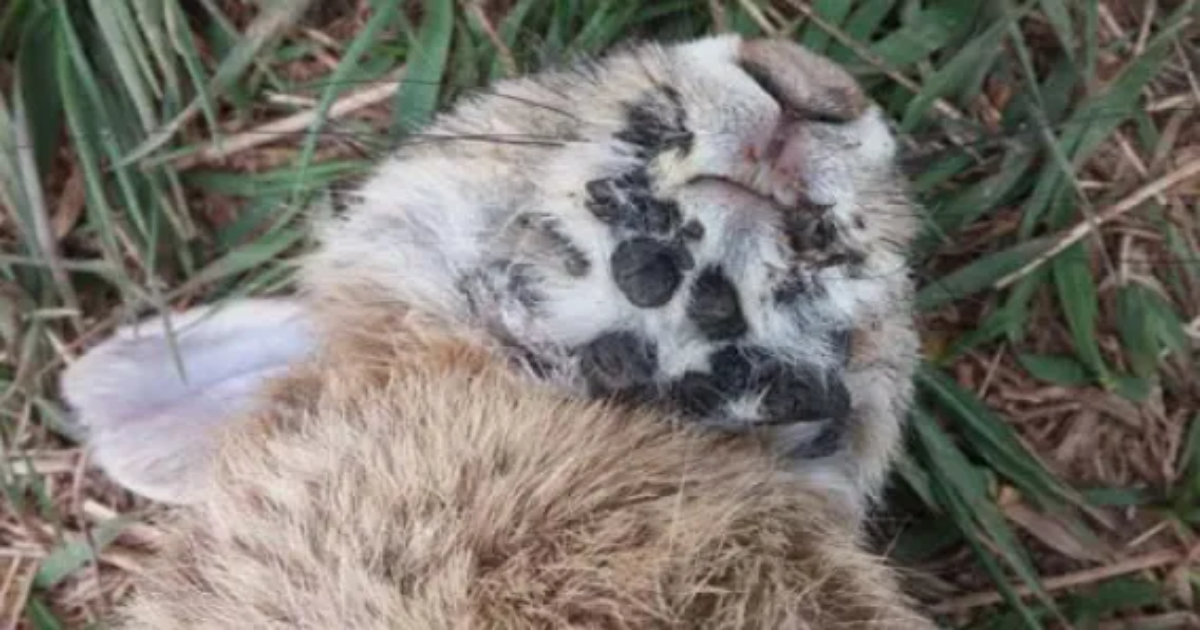Rabbits with horn-like growths, sometimes called “tentacle rabbits,” have recently been spotted hopping around Colorado. Their appearance is because of a virus in the animal, officials say.
Residents in northern Colorado have reported seeing cottontail rabbits with the growths in recent weeks, Colorado Parks and Wildlife spokesperson Kara Van Hoose told USA TODAY.
The growths, known as rabbit papillomas, are caused by a virus in the animal called cottontail rabbit papillomavirus, Van Hoose explained.
The rabbit papillomavirus cannot spread to humans or non-bunny pets, she said. But Van Hoose warned that, “As with any wildlife, pets should not interact or come in contact with the rabbits.”
Here’s what to know about the virus, including if it’s dangerous.
What is rabbit papillomavirus?
Rabbit papillomavirus is a type of virus that affects cottontail rabbits, according to a 2024 article in the National Library of Medicine.
Generally, papillomavirus is possible in many types of animal species, including humans. An infection from the virus can cause the growth of papillomas, or warts, according to NLM.
In rabbits, papillomavirus is most frequently seen in cottontail rabbits in the Midwest, though outbreaks in domestic rabbits are possible, according to the University of Missouri’s College of Veterinary Medicine.
Colorado Parks and Wildlife explains that rabbit papillomavirus causes black module growths, usually on the animal’s head. They can become elongated, taking on a horn-like or tentacle shape.
“It looks like it was black quills or black toothpicks sticking out all around his or her mouth,” Susan Mansfield, a Fort Collins resident who saw one of the impacted bunnies, told local news station 9News.
Are ‘tentacle rabbits’ dangerous?
The virus is specific to rabbits and does not cause disease in other species, according to CPW. There is a risk of transmission to domestic rabbits, which can have more severe cases of the disease than in wild rabbits and should be treated by a veterinarian.
According to the agency, the so-called tentacle growths typically have no significant effects on wild rabbits, and most survive the infection, after which the growths will go away.
CPW said it does not recommend euthanizing rabbits with papillomas unless they are interfering with the animal’s ability to eat and drink.
Melina Khan is a national trending reporter for USA TODAY. She can be reached at [email protected].
